On the night before he was to be sworn in as the 50th Chief Justice of India, spoke with Ananthakrishnan G at his residence in New Delhi.
Q: Your predecessor had a tenure of 74 days; you have almost two years. What are your priorities?
A: My first priority is to lead by example. As the Chief Justice of Allahabad High Court, I always believed that a Chief Justice must not neglect judicial work. So, my main focus is on carrying out my duties as a judge. However, being the Chief Justice also comes with additional administrative responsibilities.
I have always emphasized that our judicial system is based on a colonial model where individuals have to seek out justice. My mission is to simplify and make our system more transparent and efficient, so that the interface between common citizens and the judiciary becomes easier and more transparent.
Secondly, it is important to respond to the real grievances of people and sustain the faith citizens have in the judiciary. We must understand and empathize with the demands of common citizens and look at citizens with a sense of empathy, commitment, and compassion.
There are some key areas that need attention. Firstly, we need to fill all the vacant posts in the judiciary, starting with the district judiciary, high courts, and ultimately the Supreme Court. Secondly, we need to bring more diversity to the judiciary by democratizing the legal profession and ensuring access to a broad cross-section of society. Lastly, we need to improve our processes and systems to become more objective and prioritize older cases that reflect the concerns of common citizens.
Q: What about the appointment of judges?
A: The appointment process is governed by the Collegium system, and while there are critiques of how it functions, we must be responsive to these voices and work towards improving the system by bringing in more objective parameters.
Q: The Union Law Minister recently called the Collegium system opaque.
A: The public has a legitimate interest in understanding the basis on which judicial appointments are made. However, we also need to preserve the privacy of the people under consideration, balancing the need for transparency with the need to protect the privacy of those being considered for appointment.
Q: What is your view on criticism of judges on social media?
A: Social media has changed the way information is disseminated, and judges need to adapt to this new reality. The challenge arises when what is said in court is conveyed by social media as indicating the mind of the judge or the conclusion of the judge.
Q: Your judgments stress the dignity of the individual and place the individual at the center of things. What is your response to criticism of this approach?
A: When I emphasize individual dignity, I also emphasize social cohesion as our judgments must speak to the need to preserve a tranquil and stable social fabric.
Q: Your father was one of the authors of the ADM Jabalpur case, which was overruled in the Puttaswamy case. How did you approach this?
A: Every generation of judges functions in the social and constitutional context of the time, and the Constitution itself is an evolving document. When I overruled my father’s judgment, it was a judgment, after all, and part of my constitutional duty.
Q: What does decolonizing the judiciary mean to you?
A: The process of decolonization has already begun, and we are working to make the law and justice more accessible to citizens. This includes adapting our procedures and writing judgments in simpler language for common citizens to understand.
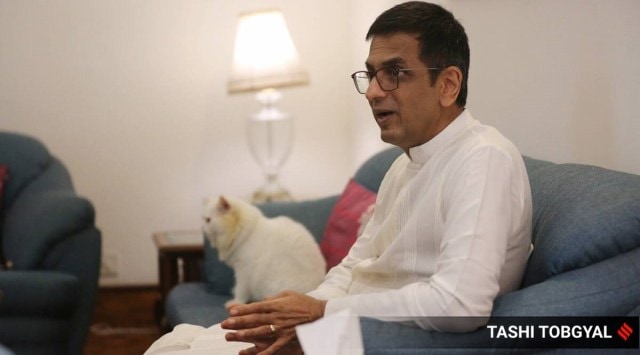
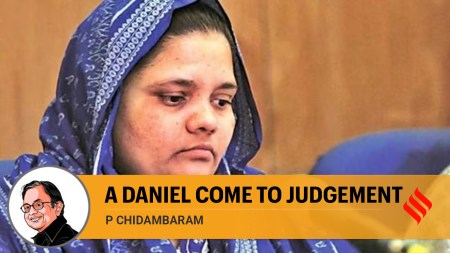
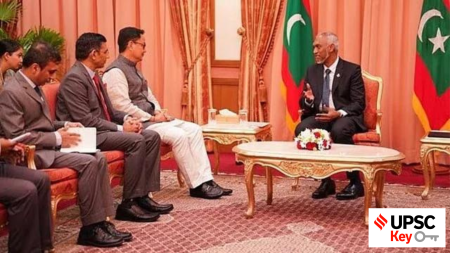
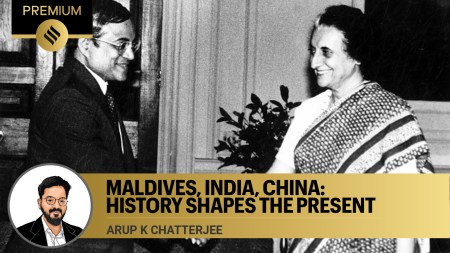





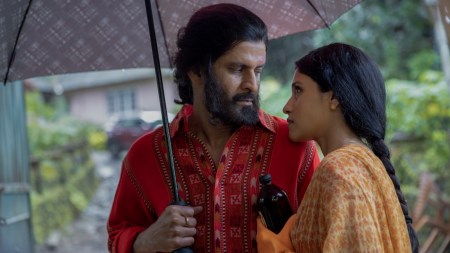
![]()
























+ There are no comments
Add yours